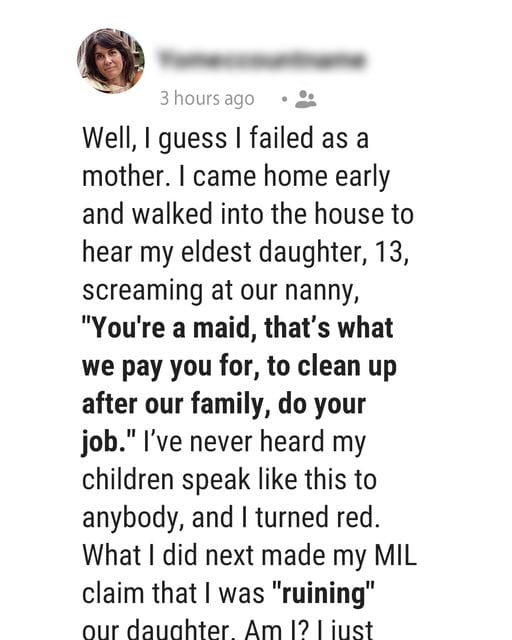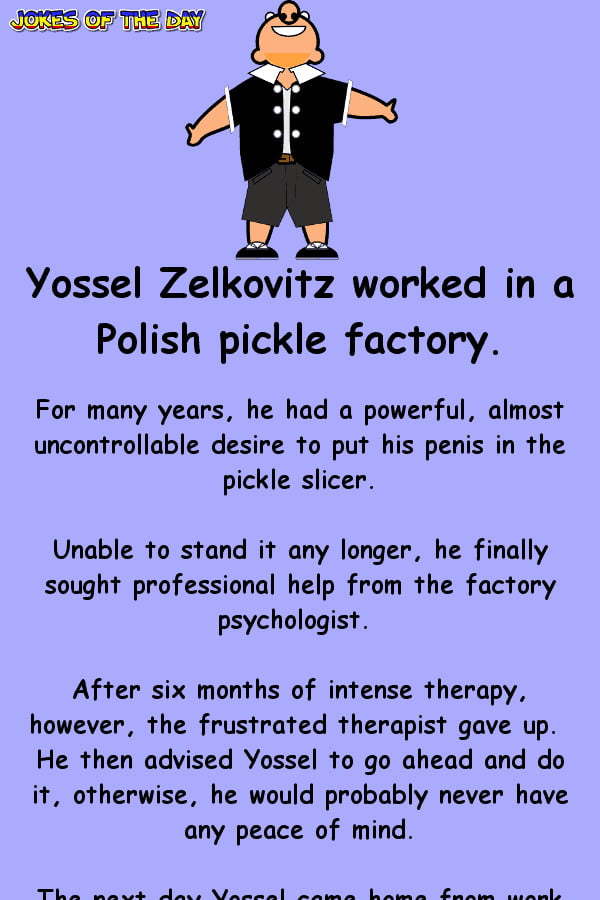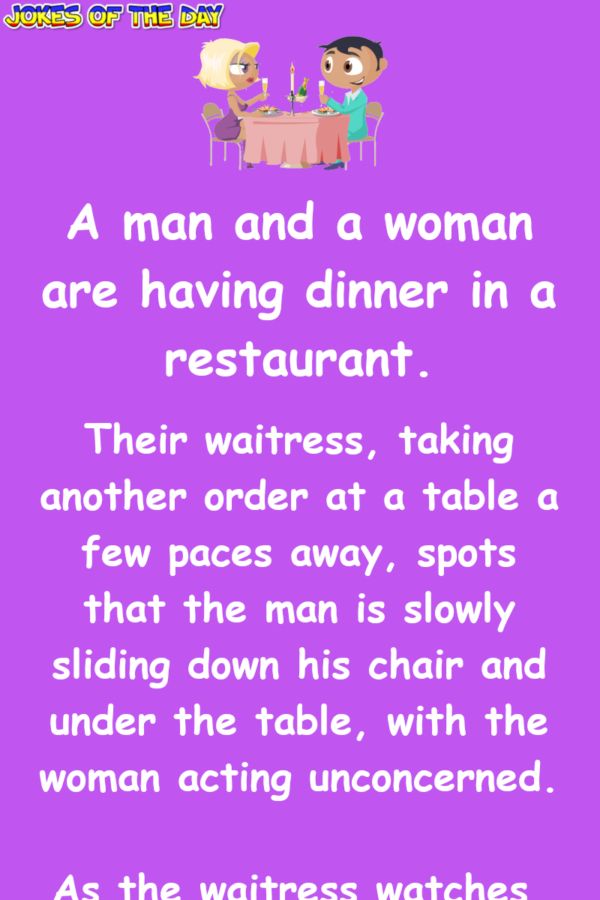Unaware of the impending storm her words would unleash, a young girl vented her frustration at her nanny in the comfort of her home.
Unbeknownst to her, a chain of events had already been set in motion, hurtling her actions toward a reckoning she never saw coming.
Back in 2021, an anonymous woman turned to Reddit’s AITA forum to share a glimpse of her family dynamics.
With her husband and three children—13-year-old Bea, 10-year-old Paul, and 8-year-old Zoe—their lives were cushioned by comfort.
At 43, her husband’s prosperity had secured their every need.
The woman’s perspective at 40 transcended mere luxury.
Beneath their privileged existence, she aimed to sow seeds of gratitude and equity.
Ingraining empathy, she taught her children to reach out where they could and to fairly compensate those who served them.
However, life isn’t always a direct reflection of our intentions.
One fateful day, an early return led to a startling discovery.
Within the confines of her home, the mother overheard a heated exchange between her eldest, Bea, and the nanny.
The shocking contrast between her daughter’s words and the values she had painstakingly nurtured left her reeling.
Was the mother justiied in her disciplinary measures, teaching Bea the gravity of her actions, or did her mother-in-law’s perspective hold merit, urging a reconsideration of the punishment’s severity?
The jarring collision between her teachings and her daughter’s actions left the mother grappling with the realization that molding values is a nuanced journey, where good intentions sometimes meet unforeseen challenges.
What Did the Young Girl Say to the Nanny and What Were the Consequences?
Bea’s outburst reverberated through their usually serene household. Her hurtful words, “[Y]ou’re a maid! [T]hat’s what we pay you for, to clean up after our family, do your job,” struck like a sudden storm. Shock mingled with anger as her mother witnessed the disrespect aimed at their devoted nanny.
With remarkable composure, the mother separated Bea from the scene, withholding electronics and delaying the conversation until her husband’s return. The nanny’s tearful eyes revealed the pain of the confrontation, prompting the mother to hear her side of the story.
In the midst of unfolding events, a seemingly minor request emerged as the trigger: Bea was asked to place her soiled clothes in the laundry hamper. The significance of her explosive reaction starkly contrasted with the values instilled in her.
With guidance from her husband, the mother carefully determined suitable consequences. It was Bea who faced the suspension of privileges, her weekends now devoted to volunteering, along with the responsibility of writing an apology to the nanny. Moreover, she was tasked with assuming full charge of her own well-being and chores, including caring for her puppy.
As the family convened, they delved into the reasoning behind these actions, highlighting the privileged nature of the assistance they received. The coming weeks would serve as a litmus test for Bea’s development—a measure of her growing comprehension of respect and empathy.
Did the Woman Do the Right Thing?
The mother held onto the hope that, through this experience, her daughter would grasp the significance of valuing the contributions made by those around them. Amid the turmoil, the original poster’s daughter sought comfort from her mom’s mother-in-law. At the same time, her actions triggered an unexpected reaction from her husband’s family.
They perceived her disciplinary actions as excessive, accusing her of tarnishing their daughter’s upbringing. A clash of opinions erupted, with her in-laws vehemently opposing the chosen course of action while her own family supported it.
Notably absent from the original account was the woman’s own journey. She had overcome immense hardships during her upbringing, experiencing the struggles of foster care and financial instability. Her path led her to carve a respectable life through hard work and resilience.
In contrast, he husband hailed from privilege, with a family rooted in wealth. His mother, in particular, had a lifestyle devoid of labor, and her perspective on parenting differed vastly from her own.
While the mother-in-law’s stance was at odds with the woman’s, the husband stood as a bridge between these worlds. Unlike the rest of his family, he valued qualities that transcended affluence, attributes cultivated through his connection with his childhood nanny and his late father’s influence.
Though maintaining distance from his family, he recognized the importance of monitoring his mother’s interaction with Bea as she entered her teenage years. The rift between mother and daughter persisted in the wake of the incident.
Therapy sessions were planned, not just for Bea but for the family as a whole, to navigate the intricate dynamics that had been laid bare. A proposal to engage in a family session with the nanny in the new year suggested a path toward understanding and reconciliation.
People on the internet made sure to share their thoughts about the story shared by the troubled mother. They assured her that she did the right thing and that her reaction was totally valid.
What do you think about this story? Was the mother justified in her disciplinary measures, teaching Bea the gravity of her actions, or did her mother-in-law’s perspective hold merit, urging a reconsideration of the punishment’s severity?











